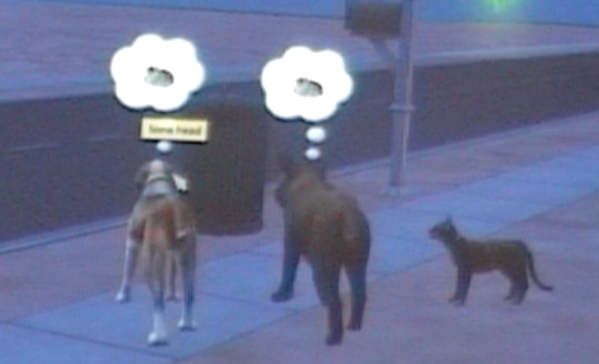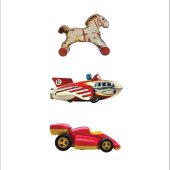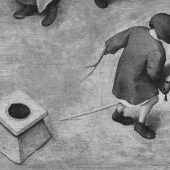Does it make any sense to consider virtual animals as animal in any serious way? Both the naturalistically-rendered wolves of Legend of Zelda: the breath of the wild and the chatty anthropomorphised citizens of the Animal Crossing games are inorganic abstractions, assemblages of animated drawings, behavioural algorithms and audio clips. Their material substrates – digital/electronic and biological/organic are quite different, and their algorithmic instantiation and operations are fundamentally alien to actual animals’ existence and behaviour.
For example, as Tom Tyler points out, each instance of an animal type or species in a videogame is an expression of code, and hence identical to all others of that type or species. Their appearance, behaviour and vocalisations are determined by the same code. Unlike natural fauna with their genetic, epigenetic and environmental adaptations between individuals and across generations, virtual animals are clones ‘rendered entirely interchangeable, bare exemplars of their species being […] triumphs of artifice’ (Tyler 2014: 38). They are clearly not animals, but to paraphrase Gregory Bateson, they are not not animals (Bateson 1972). Bateson was referring to the baby-ness of a child’s doll – in moments of imaginative play or intimate affection the doll becomes more than an inert representation, it has life breathed into it, animated in the hands and imagination. Unlike Pinocchio it will never become an actual child but in play it is in the open-ended state of becoming one.
Following this simulacral logic, in concrete instances of videogame play virtual animals are in a process of becoming-animal. Or more precisely, the gameplay event achieves a complex instantiation of relationships and behaviours between human players, virtual animals and their synthetic environment from which human-nonhuman animal relationality emerges.
[from draft of ‘The achievement of animals: an ethology of AI in videogames
in Markus Spohrer, Julia Kohusholter & Harald Waldrich (eds) Processes and Situations of Digital Gaming, Springer (in press: 2020).





